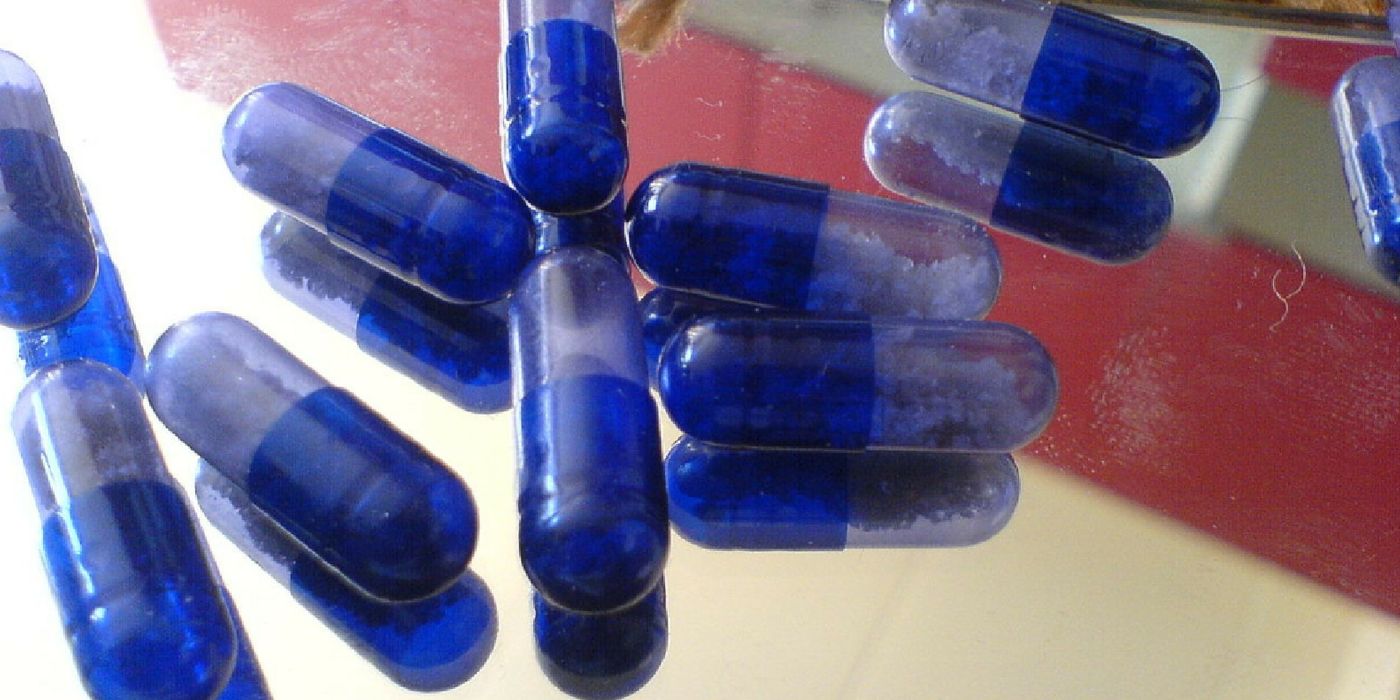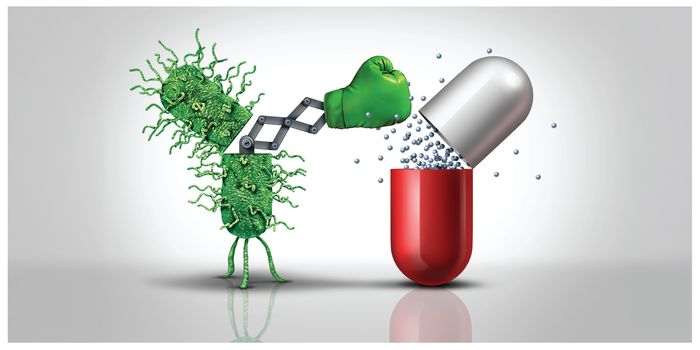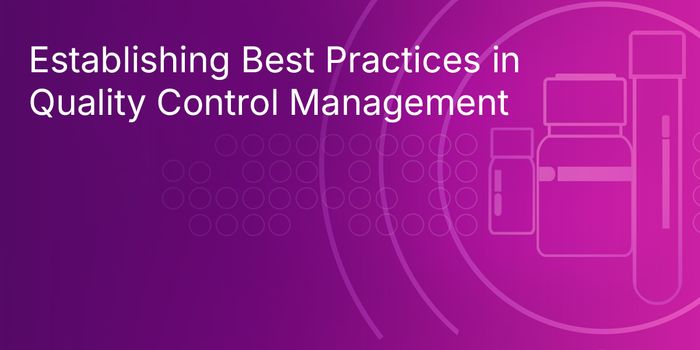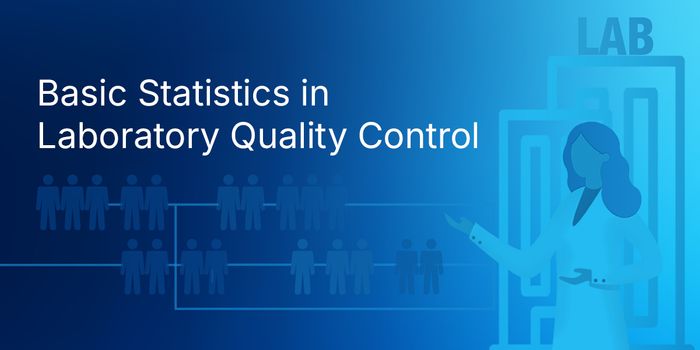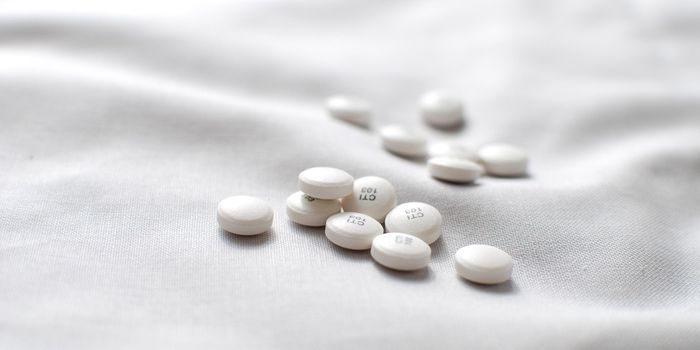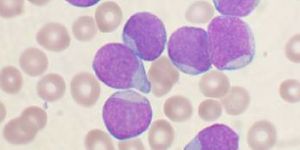Ecstasy Given Green Light in PTSD Trial
The FDA has been making quite a few historic decisions as of late, including the approval of the first gene therapy for the treatment of leukemia. In addition to that, the agency also granted a “Breakthrough Therapy Designation” status for an unlikely compound, MDMA, in the treatment of post-traumatic stress disorder (PTSD). As MDMA is the active ingredient in the recreational drug ecstasy, the decision to move forward with this designation marks a huge milestone for what proponents call a psychotherapy agent.
Post-traumatic stress disorder (PTSD) affects millions of people, but the disorder is notoriously difficult to treat. Even with our best treatment efforts, researchers say a significant portion of patients are still left behind.
Known on the street as “E,” “Molly,” and “millennial aspirin,” MDMA (3,4-Methylenedioxymethamphetamine) is a popular recreational psychedelic drug. The compound acts on the amygdala to induce feelings of euphoria, empathy, and otherwise heightened emotions.
Heavy abuse of the drug – leading to addiction, memory issues, paranoia, and other adverse symptoms – led the FDA to classify it as a Schedule 1 substance and its eventual ban. However, many researchers saw potential in MDMA as a psychotherapy drug, precisely because of how it affects the brain.
In a few early stage clinical trial of MDMA, patients reported working through their trauma in ways that could not be replicated with conventional treatments. One study found a 56 percent decrease in the severity of their PTSD symptoms with the use of MDMA. This shift led more than two-thirds of the patients to free themselves from the diagnosis of PTSD – a remarkable outcome considering the ineffectiveness rate of current therapies. Furthermore, the results seem to have a lasting effect, even after the drug was discontinued.
“The body of evidence that shows MDMA works is so strong and so encouraging,” said Rick Doblin, the founder and executive director of Multidisciplinary Association for Psychedelic Studies (MAPS), which is sponsoring the current Phase III clinical trial, involving over 200 participants.
The FDA usually reserves this designation for drugs that can “treat a serious or life threatening disease or condition.”
"By granting Breakthrough Therapy Designation, the FDA has agreed that this treatment may have a meaningful advantage and greater compliance over available medications for PTSD," according to the MAPS statement.
With this FDA nod, the MAPS association plans to move forward with a Phase 3 clinical trial in 2018 that will focus on “MDMA-assisted psychotherapy.” The success of the third phase of clinical trials is a tremendous milestone before going to market. It is also in this phase that many drug trials fail. However, if successful, MDMA could be on the fast track for approval as a PTSD psychotherapy drug by as early as 2021.
Of note, researchers underscore that the trial is to expand the psychedelic’s medicinal uses, not its recreational potential. So to people who doubt the safety of legal ecstasy, Doblin says: “This is never going to be a take-home drug. It’ll only be prescribed by doctors with special training, for people with specific conditions.”
Additional sources: MAPS, Live Science
